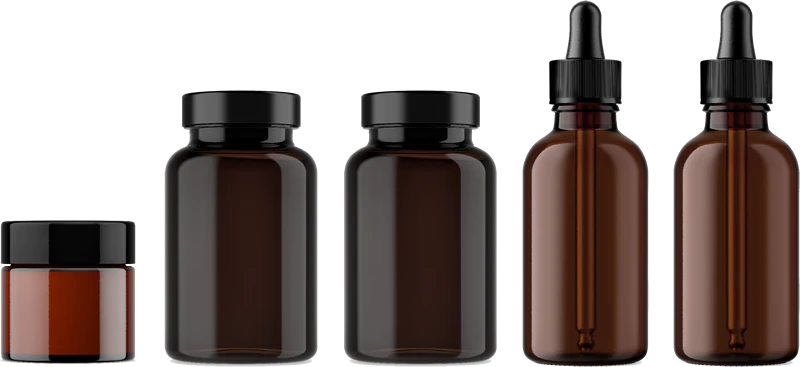Once again CBD is in the news for all the wrong reasons. You may not be surprised to find out that some CBD products are not exactly what they seem.
A recent study was done by the University of Kentucky College of Medicine. In it, they looked into 80 CBD products that are commercially available. By that we mean these are CBD products that can either be purchased online or from local retailers. They also utilized Epidiolex as a positive control sample.
The main goal of the study was to determine whether the CBD concentrations of each product actually matched what was on the product label. As you have probably already guessed the results of the study were less than desirable when it comes to accuracy.
Nearly half (46.2%) of the tested CBD products contained CBD concentrations that were at least 10% different than what was printed on the label. That could mean they were either lower or higher than what the label specified.
12 of the 80 products, or 15%, contained less than 90% of the amount of CBD that they were advertised as having. On the flip side, there were 25 products, or 31%, that actually contained more than 110% of the amount of CBD they were advertised as having.
If you are looking at these numbers and thinking they seem to be all over the place then you are not alone. It is not the type of data that the CBD industry wants to see and certainly doesn’t instill a lot of confidence for consumers who may already have doubts about an unregulated industry such as CBD.
The product samples that were used were from a good mix of online vs local retail stores. Online CBD products are very common so it makes sense that 44 of the 80 samples were taken from online retailers. The remaining CBD samples were from local retailers within the Central Kentucky region. The article was posted in the Journal of Cannabis Research for further review.
Buyer Beware
These numbers may not be a surprise to many people. But it is further proof, and a good reminder, that we as consumers need to be very careful when buying CBD. In an unregulated market such as CBD, the harsh reality is that these types of fluctuations are commonplace.
The data presented in this study poses problems on multiple fronts. Thankfully, for most people, CBD is very well tolerated. While this is not an excuse for inaccurate product labeling, it can provide users comfort in realizing that if they are getting a little more or less CBD it will not have a major impact on their health or cause serious complications.
You could definitely experience more side effects and CBD interacting with other drugs could be more of an issue if you are taking more than you realized. Or if you are getting less CBD than you planned for you could be missing out on the actual benefits and help that CBD could provide.
These types of studies undermine the effort as the CBD industry as a whole tries to establish itself as legitimate and trustworthy. The CBD industry has a stigma around it because this is not the first study to shed light on the fact that some manufacturers are not reporting correctly on their CBD products. This is concerning to consumers and it should be concerning to all of us involved in the CBD industry.
Unfortunately, these types of quality control issues and misrepresentation are not likely to go away until the FDA enacts regulations and controls around CBD.
While these numbers are concerning we want to remind everyone that there are good CBD companies out there. You need to do some research but we can help you with that.
This also underscores the importance of independent lab testing. We continue to say that the importance of buying CBD products from companies that provide third-party lab testing results is critically important. This recent study just reinforces that truth.
















